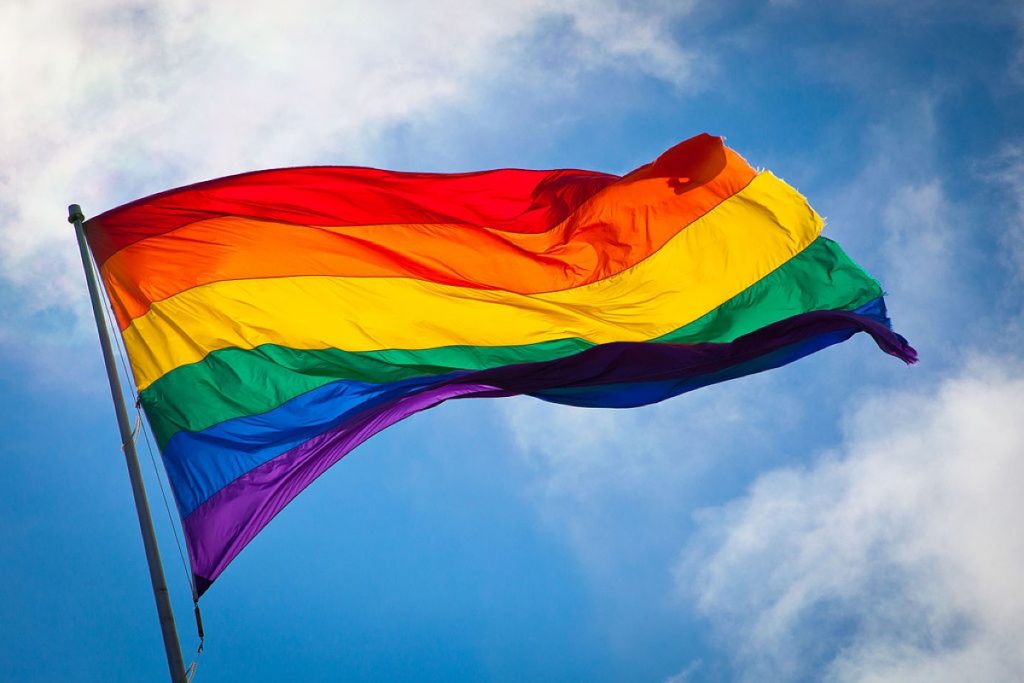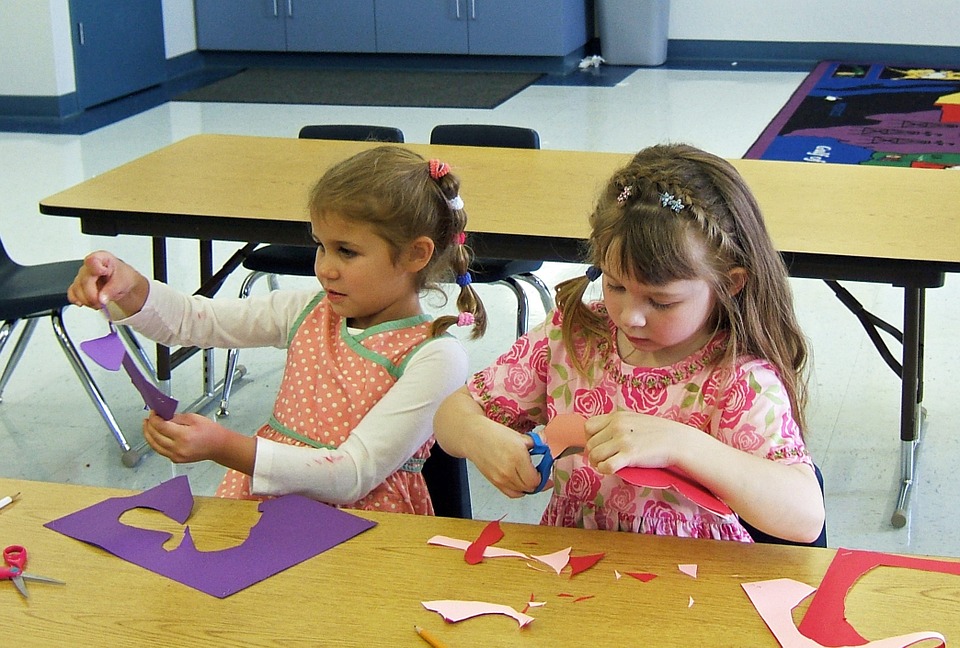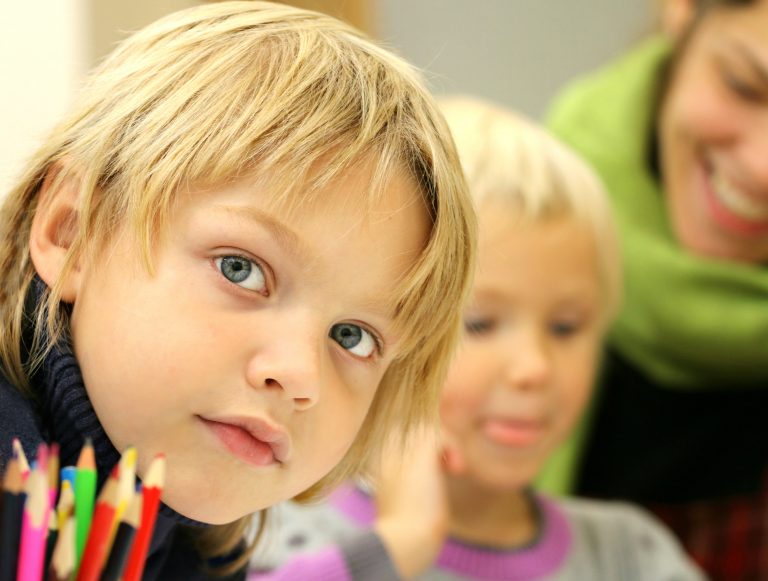Debate rages on Facebook as the National Queer Organisation of Iceland continues to educate staff in kindergartens and primary schools on queer issues. Ugla Stefanía writes about the harsh debate.

OPINION It’s that time of the year again. And no, I’m not referring to any type of holiday where people meet friends, family and have a good feast—I’m referring to the latest feast of hatred that has sprung in Iceland following the decision of the City of Reykjavík to renew their education contract with Samtökin ‘78, the National Queer Organisation of Iceland. A much bigger discussion happened in 2016 when Samtökin ‘78 made a contract with the town of Hafnarfjörður, resulting in one of the most vile and corrosive public debate on queer issues in a long time. It resulted in two people being convicted for hate speech.
The contract with the city of Reykjavík is about Samtökin ‘78 creating material and holding lectures about queer issues for staff in kindergartens and staff and students of primary schools of the city. A discussion ensued in an Icelandic Facebook group called Stjórnmálaspjallið (The Political Chatroom) over this contract, resulting in hundred of comments, most who were misinformed, prejudiced and downright hateful. Not only do the people making the comments look like terrible people, but they also showed complete ignorance about the actual contract, who will be receiving lectures and what type of lectures they will be getting. Go figure.
Some people seem to be convinced that these lectures were about … converting children to the ‘homosexual agenda’.
Some people seem to be convinced that these lectures were about sex and that the organisation would just stroll in with a powerpoint show about anal sex and even a live demonstration. Some seemed convinced that it was about converting and corrupting children to the ‘homosexual agenda’.
Despite their ‘concerns’, Samtökin ‘78 has never actually held lectures related to sex, even though there is full reason make sure sex education is queer inclusive. Sex education in Iceland is extremely heteronormative as this research discusses. Sex education in Iceland lacks in many other areas, and queer people certainly do not get the education that they need in order to have safer sex. This can quite obviously lead to poor sexual health amongst queer teenagers as a group of people are not learning about ways to prevent STD’s and how to make sure they are practicing safer sex.
But do not worry—the heteronormativity in sex education remains untouched by ‘the filthy homosexuals and their perverted agenda’.

One of the arguments raised is that if Samtökin ‘78 can come into schools, why can’t Christian organisations come in and give everyone religious books and talk about their lord and saviour, Jesus Christ? The answer is quite simple, as one has to do with preventing bullying and stigma against a group of people, while the other one has to do with religion. There is a fundamental difference between content that aims to combat harmful social norms and views and organised religion. One is a part of human nature and diversity, while the other has to do with practicing faith and worshipping a god. No one practices being queer, but people practice faith. Therein lies the difference.

Other comments were more or less quite open and honest, where people simply said it was disgusting, perverted and downright harmful for children to get lectures about queer issues. I almost appreciate the honesty more than the veiled queerphobia that’s wrapped up in ‘concern’ and complete fiction. There is something disingenuous about it, as if they are trying to justify their own hatred to soothe their own conscience. At least the others are honest about being terrible people.

The popular: “I’m not homophobic, but…” of course reared its ugly head, followed by obnoxiously homophobic and transphobic statements. Hint: if you start a sentence with that line, you’re queerphobic. No sentence beginning with that has ever resulted in a well-informed, logical statements.
One of the most hysterical response was that instead of spending money on paying Samtökin ‘78 for doing lectures on queer issues, we should rather be focusing on ways to prevent bullying. As if that’s not the whole point of these lectures.
The popular: “I’m not homophobic, but…” of course reared its ugly head, followed by obnoxiously homophobic and transphobic statements.
Another issue raised was that all education shouldn’t be in the hands of non-profit organisations but should be mainstreamed into the curriculum and handled by the teachers or staff at school or simply by their parents. While the latter completely misses the point, as parents and families can be extremely queerphobic, the first suggestion isn’t a completely outlandish idea. In fact, queer organisations have been advocating for queer issues to be mainstreamed into the curriculum for decades. At the moment, it isn’t mandatory for teachers to learn about queer issues as a part of their studies and they certainly are not equipped with the right tools to talk about these issues confidently and respectfully. This results in no open and informed discussion in schools about these issues, hence the need for Samtökin ‘78 to come in with their expertise on the topic. Who would be better suited to talk about it rather than queer people themselves, with their personal and professional experience?

How could teachers possibly talk about these issues from an informed point of view if it isn’t a part of their studies and what they should teach at schools? Not to mention the fact that teachers and staff at school can be very queerphobic.
The paradox of these arguments presented against the contract is that they quite clearly reveal the need for it. Their views do not exist in a vacuum or without consequence. Research from Iceland shows us that queer kid’s mental health is worse than their straight counterparts and that 40% of queer girls and 18% of queer boys have attempted suicide as a direct result of bullying and lack of discussion about these issues in school. If we look at the legal side of things, Iceland is doing quite poorly in comparison to other European countries. It only fulfills 47% according to the ILGA Europe Rainbow Map, which observes the current legal and policy landscape of countries in Europe in relation to queer rights.
Despite Iceland often being presented as this ‘queer paradise’, it’s quite obvious we still have a long way to go in order ensure queer people are respected and included, both by law, in policy, in education and in society in general. These discussions reminds us of the festering hate that is well and alive in Iceland and abroad and it goes to show us that the fight is far from over.
Note: The opinions and viewpoints expressed by columnists do not necessarily reflect the opinions and viewpoints of the editorial staff of www.gayiceland.is.


